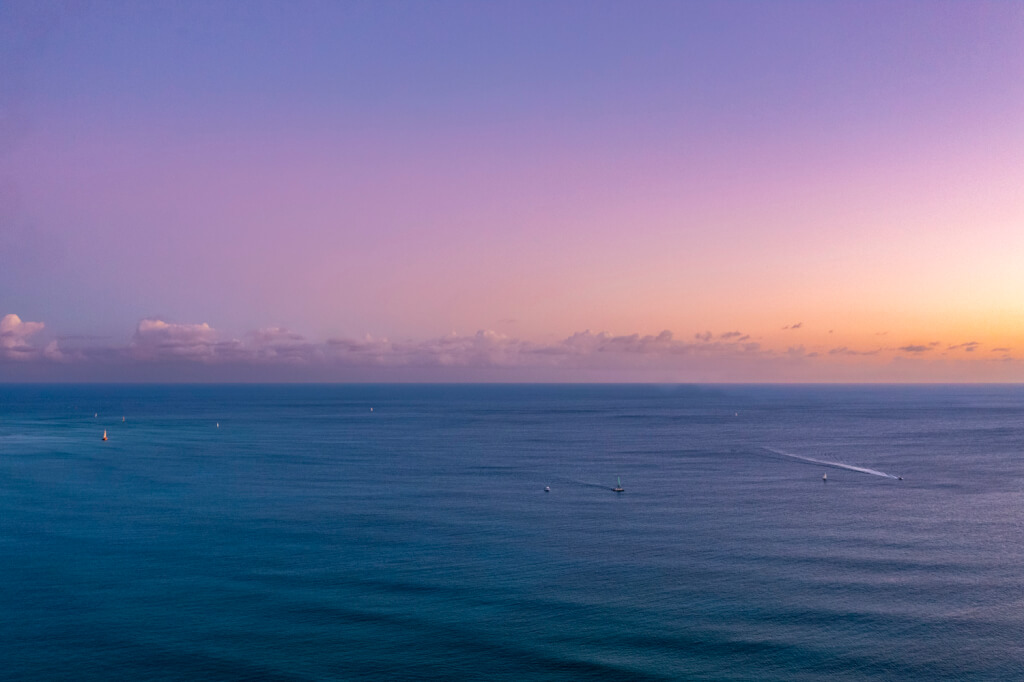Are you tired of reading about the OceanGate submersible tragedy? I know I am. But I’m going to base a post on this incident to remind everyone to always do your homework when making any and all travel plans.
Personally, I’d never heard of OceanGate until the terrible events that unfolded over the past week. However, clearly, there were major red flags about the company. Not only did their CEO have a disturbing disregard for safety, often deriding safety regulations, but others have detailed scary experiences with the company’s limited number of “successful” dives, along with several lawsuits filed by former employees and prospective customers concerning safety.
Always Do Your Homework
With such an inherently risky experience, such as diving 12,500 feet below the ocean, I would think potential customers would put a little effort into learning about the company they’re entrusting their lives with. After all, any deficiencies at that kind of depth will most certainly be life-ending. The water pressure down there is 5,000 pounds per square inch! A tiny structural defect will immediately end you. And with all the negative marks against OceanGate and Titan prior to their terrible loss, finding red flags against both should not have been that difficult at all. Doing so certainly would’ve saved these people’s lives, which is why it’s so important to always do your homework.
More mundane experiences will be harder to research, sure, but I still put a solid amount of effort into ensuring that the riskier experiences I decided to take on are as safe as possible. An example of this is when we decided to go on the Skyline Eco Adventures Akaka Falls zipline tour. Ahead of actually committing to stringing myself over a huge waterfall, I made sure I researched them extensively to make sure that there were no safety infractions or major complaints against them. That included looking them up on review sites, government regulatory sites, and other sites like the Better Business Bureau.
OceanGate’s Case
As I mentioned earlier, there were a lot of red flags about OceanGate, including lawsuits, former employee statements, and their CEO’s cavalier (and now ironic) remarks. But you don’t have to read through all of that information to find other red flags. Rather, if you always do your homework, you could’ve seen some red flags right off the bat. For one, the shape of Titan. Every single deep-sea submersible ever to exist uses a titanium spherical pressure vessel. Why? Because titanium is a strong material that has understandable fatigue/wear characteristics, and a spherical shape evenly distributes pressure across the vessel.
Titan, however, was a cylinder that puts uneven amounts of pressure across the vessel. Worse, it’s made out of carbon fiber, which is strong in uses that have outward pressure (think a pressurized aircraft cabin) but has unknown performance in deep-sea pressures. Plus, carbon fiber is basically plastic and, in this type of application, is composed of numerous layers. The layers are extremely unforgiving to even the tiniest amounts of production contamination. Further, the ends of the of the vessel are made with a different material – titanium – that are glued (using epoxy) to the hull. That’s another failure point that’s unforgiving to imperfect production techniques.
Of course, if you did a little more digging since you always do your homework, you’d notice that OceanGate made wild claims that Boeing, the University of Washington, and NASA were involved with the construction of Titan. They were not. In fact, the company shows part of the construction process, and it’s nowhere near any of these organizations’ standards.
Not All Adventures Are Created Equal
Deep-sea diving like this is probably the most dangerous type of adventure you could embark on. Things can go from great to life-ending in a flash of an eye, and rescue options are virtually non-existent. But I think the media is overreacting when they say that civilian space travel is likely as dangerous or worse due to lack of regulation. In some ways, they’re right, but in some ways, they’re very wrong.
While it’s true that space travel companies don’t have the same level of regulation as, say, airlines, they are regulated by the FAA. Further, if you’re wealthy enough to consider a private space flight aboard SpaceX Dragon + Falcon 9, chances are, you’re getting the safest spaceflight experience you can get. Dragon and Falcon 9 are both certified by NASA to carry their astronauts. Sure, that doesn’t mean there is no risk, but I’d feel much safer flying with SpaceX than, say, Blue Origin or Virgin.
Either way, it’s still a good idea to always do your homework. While (theoretically speaking) SpaceX is safer than other options, it’s still a good idea to do your research and understand the inherent risks involved. Not that I, or most of you reading this, could even consider something like this, but this is an extreme example, ok?
Always Do Your Homework, Final Thoughts
Perhaps my stance is different from most others since I work in a highly-regulated industry and must always research everything to death. But, please, if nothing else, use things tragedy as a reminder to always do your homework. I certainly do, even for experiences that most probably don’t, such as visiting the Hawaii Volcanoes National Park – just to see if there are any signs that an eruption is at all possible during my visit. And doing so for that isn’t difficult, either. Just head over to the USGS’s website and the Park’s website.

